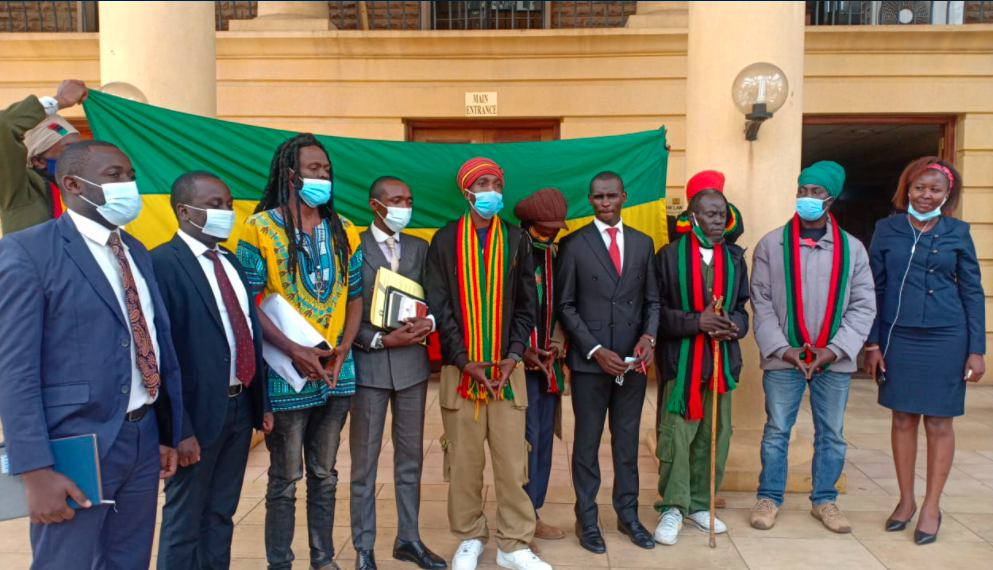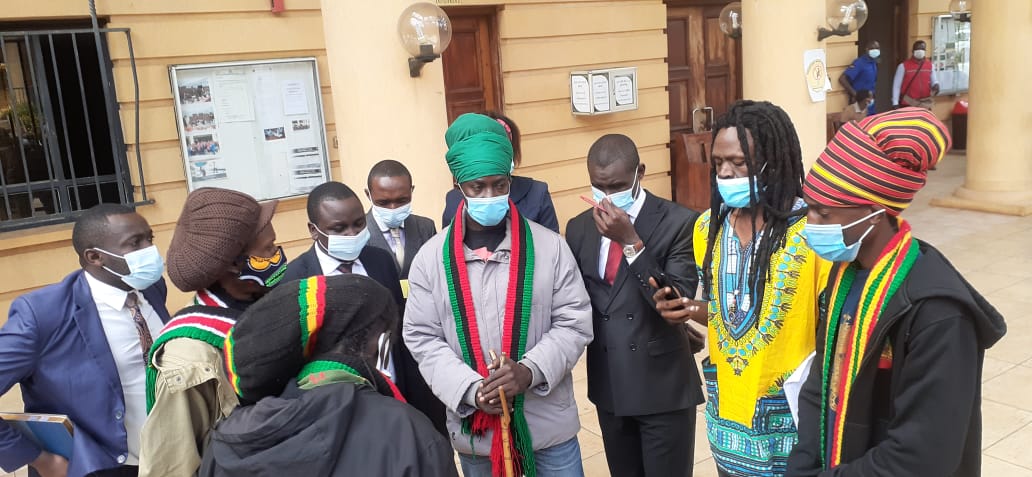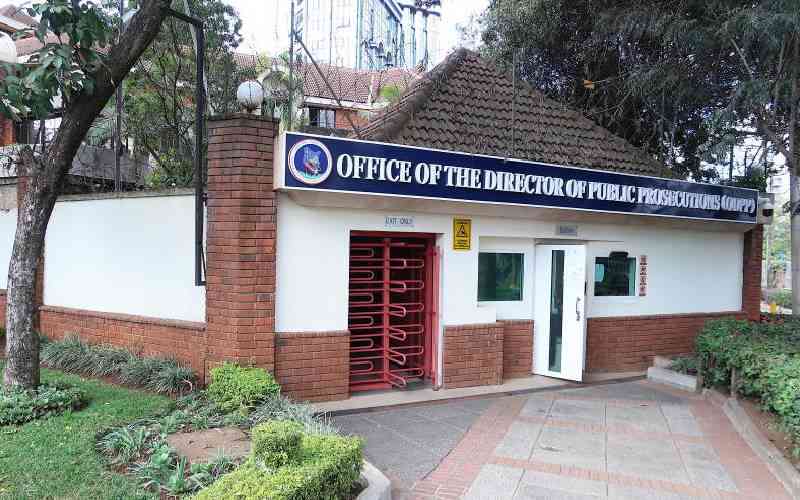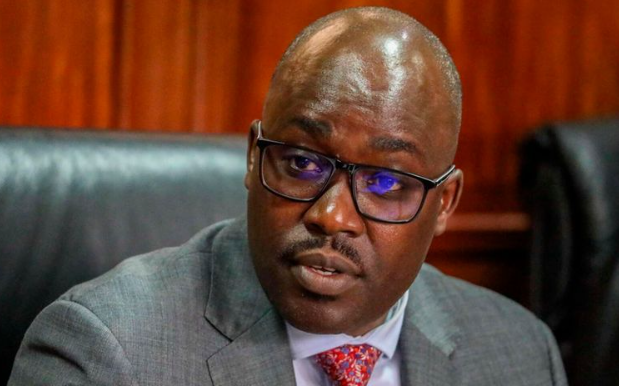The Rastafari Society of Kenya has today, May 17, 2021 filed a petition at the Milimani Law Courts to have the use of Marijuana legalised in the country.
In their application to the court, the society argued that Rastafari faithfuls smoke, drink, eat, bath, or burn incense for spiritual, medicinal, culinary, and ceremonial purposes, and as a way to connect with their creator.
They stated that they are a marginalised group, and have no political voice in the country, and thus subjected to prejudice, intimidation, raids and inspection of their homes, and arrests, arguing that the use of cannabis is enshrined in the bible.
“It is the Petitioner’s contention that the impugned section clearly show differential treatment on the basis of Religion and privacy perpetuates the culture, stigma and discrimination against the 1st petitioners’ followers through the continued use of archaic laws that violate the rights of the 1st petitioners’ members,” their petition read in part.

Rastafari Society of Kenya members at the Milimani Law Courts after filing a petition to have the use of marijuana legalised in Kenya. |Photo| Courtesy|
Their lawyers led by Shadrack Wambui, argued that the 2010 Constitution continues to impugn on the rights of person who profess the Rastafari religion, despite the particular clause lacking justification.
They argued that the provisions of the Narcotic Drugs and Psychotropic Substances subverts their rights to exercise the freedom of spiritual nourishment and religion as provided for by the Constitution.
“This therefore makes it criminal for rastas to assemble in prayer and partake the herb as a sacrament,” they argued.
The society has also asked the court to bar the police from arresting Rastafarians partaking the herb for spiritual purposes.
They argued that section 3 (1), (2), (a) and (3) (a-d) of the Narcotic Drugs and Psychotropic Substances (Control) Act No. 4 Of 1994 criminalises the use of cannabis for spiritual and personal growth, isolating them from other religions contrary to provisions of Article 27(4), and 28, of the Constitution.
They asked the court to declare Section 3 (1), (2), (a) and (3) (a-d) of the Narcotic Drugs and Psychotropic Substances (Control) Act No. 4 Of 1994 unconstitutional.

-1714135201.jpg)




